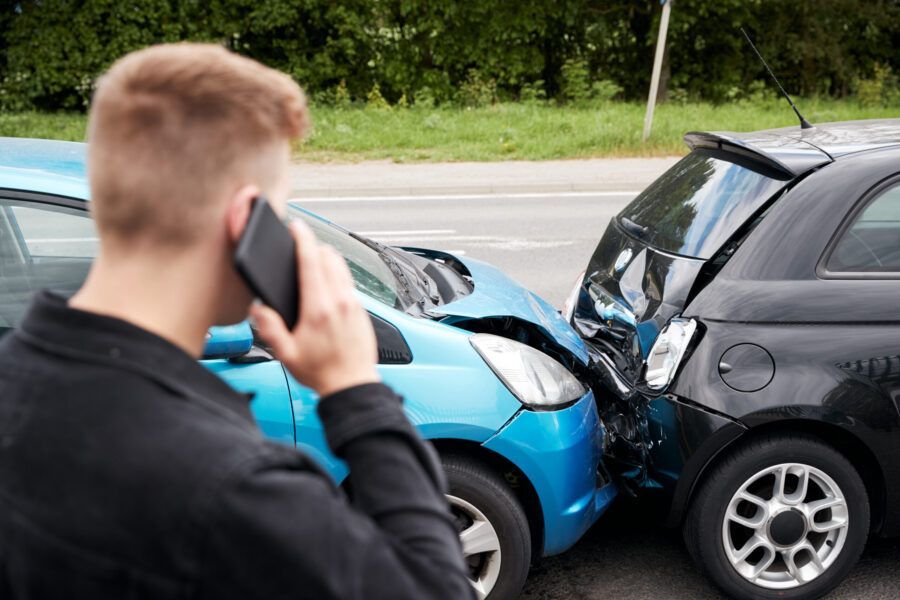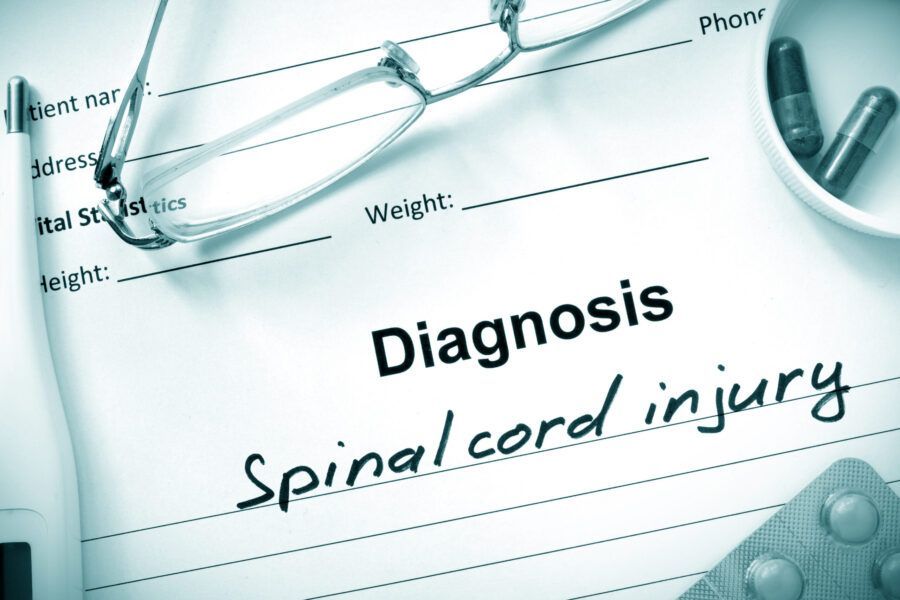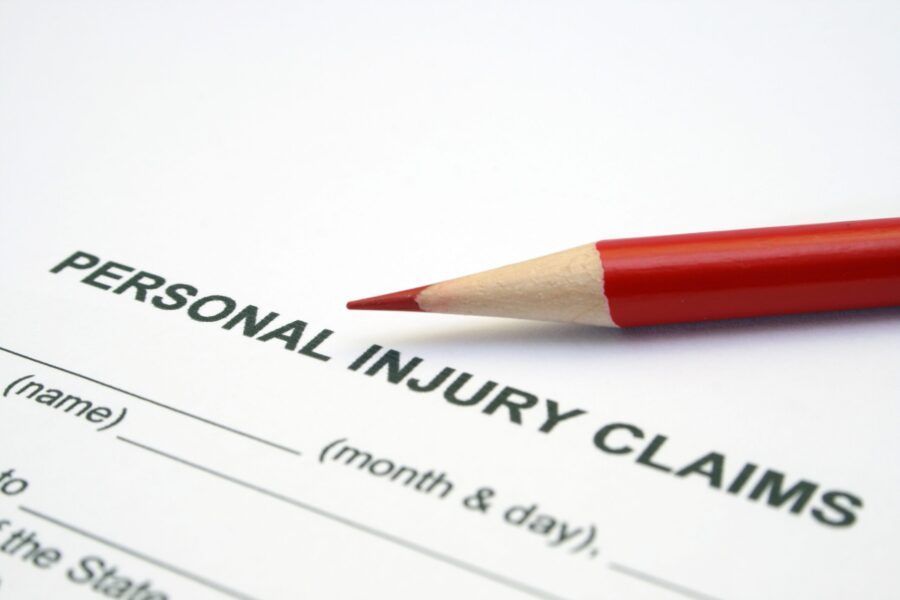Business Info
5205 S. Washington Street
Downers Grove, IL 60515
Phone: 630-228-1225
Fax: 630-769-1115
No Fees Unless We Win
How Weather Can Make or Break a Car Accident Case




Weather. It’s an unpredictable force of nature that influences every aspect of our daily lives, including driving. Understanding the impact of weather on car accident liability is crucial. This blog post will guide you through the intricacies of how weather affects car accident cases, offering valuable insights for anyone considering hiring a car accident lawyer in Bolingbrook.
Why Weather Matters in Car Accident Cases
Weather is more than just a backdrop to your driving experience. It plays a significant role in establishing liability in car accident cases. From rain-slicked roads to foggy conditions that impair visibility, adverse weather can turn even a routine drive into a potential hazard. Understanding how these conditions impact your case is essential for a fair evaluation of liability and compensation.
How Weather Influences Fault Determination – Different weather conditions can either increase or mitigate fault in car accident cases. For instance, if it’s raining heavily, drivers are expected to adjust their speed and driving behavior accordingly. Failure to do so may result in being deemed at fault for an accident. Similarly, snow and ice can lead to tricky driving conditions, and not exercising extra caution could be seen as negligent behavior.
The Complexity of Proving Weather-Related Fault – Proving that weather played a role in an accident can be complex. It requires gathering extensive evidence, such as weather reports, eyewitness accounts, and expert testimony. This is where a skilled car accident lawyer becomes invaluable, helping you compile the necessary documentation to support your claim.
How Weather Affects Road Conditions
Weather conditions like rain, snow, ice, and fog can dramatically impair road safety. Let’s break down how each of these elements impacts driving and accident liability.
Rain – Rain is one of the most common weather conditions affecting road safety. Wet roads reduce tire traction, increasing the likelihood of skidding. Hydroplaning, where the tires lose contact with the road due to water buildup, can also lead to uncontrollable vehicles. Drivers are expected to slow down and maintain a greater distance from other vehicles during rain, and failure to do so can result in liability.
Snow and Ice Hazards – Snow and ice present unique challenges for drivers. These conditions can make roads slippery and treacherous, reducing the effectiveness of braking and steering. Black ice, a nearly invisible layer of ice, can catch even the most cautious drivers off guard. In such conditions, drivers must proceed with extreme caution, and any reckless behavior can easily result in being held liable for an accident.
Fog and Reduced Visibility – Fog significantly reduces visibility, making it difficult for drivers to see other vehicles, road signs, and potential hazards. In foggy conditions, drivers must rely more heavily on their judgment and should use fog lights and maintain a reduced speed. Accidents occurring in foggy conditions often involve multiple vehicles and can be particularly challenging when it comes to assigning fault.
Legal Implications of Weather-Related Accidents
Weather-related accidents bring unique legal challenges. Let’s explore how these conditions are factored into determining liability and compensation.
Determining Liability – In weather-impacted accidents, liability can be more challenging to establish. Courts and insurance companies consider various factors, such as how the driver adjusted to the weather conditions and whether they followed recommended safety practices. A driver who fails to adapt their driving to adverse weather conditions is likely to be found at fault.
Impact on Compensation – The presence of adverse weather conditions can also affect the amount of compensation awarded. Insurance companies might argue that the weather was a significant contributing factor, potentially reducing the payout. Having a knowledgeable car accident lawyer can help counter these arguments, ensuring you receive the compensation you deserve.
The Value of Professional Legal Advice – Given the complexities involved in weather-related car accident cases, seeking professional legal advice is crucial. A seasoned car accident lawyer such as the Law Offices of Gregory J. Abbott, can provide the necessary expertise to build a strong case, gather compelling evidence, and negotiate with insurance companies on your behalf.
Conclusion
Navigating the aftermath of a car accident is never easy, especially when weather conditions play a significant role. Understanding how rain, snow, ice, and fog impact liability can be the key to a successful claim. If you’re in Bolingbrook, IL, and find yourself involved in a weather-related car accident, seeking professional legal advice is imperative. The Law Offices of Gregory J. Abbott are here to help you make sense of the complexities and ensure you get the compensation you deserve.
For expert assistance and a free consultation, call 630-963-7938 today. Your peace of mind and rightful compensation could be just a phone call away.
© 2025 Law Offices of Gregory J. Abbott • All Rights Reserved | Created by Olive + Ash. Managed by Olive Street Design
